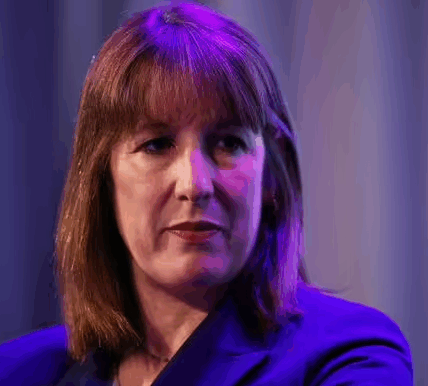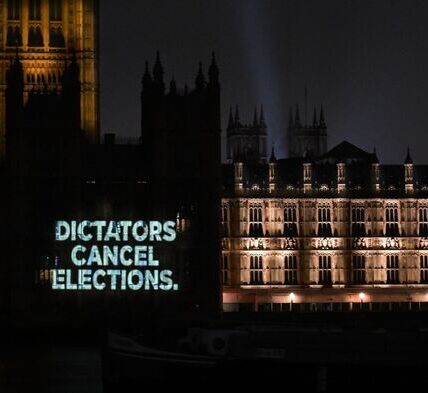
Boris Johnson and PM Sir Keir Starmer (Image: GETTY)
Boris Johnson has launched a scathing attack on Sir Keir Starmer, accusing the Labour leader of planning to drag Britain back into the “clutches of Brussels” five years after Brexit.
Speaking on the anniversary Britain quitting the bloc, the former PM, who won the 2019 election with the slogan “Get Brexit Done” seized the moment to rally pro-Brexit sentiment, urging Britons to reject what he described as Sir Keir’s “pessimistic” view of the nation’s future outside the EU.
He also highlighted a series of post-Brexit changes which he claimed that had already demonstrated the advantages of life outside the bioc, citing the UK’s rapid vaccine rollout, the scrapping of VAT on tampons, and a growing portfolio of free trade agreements.
Mr Johnson told GB News: “Don’t listen to the pessimists and the knockers. From delivering the fastest vaccine rollout in Europe to cutting VAT on tampons to free trade deals, Brexit is already proving its worth.”
He claimed: ““Now is not the time to drift back into the clutches of Brussels, as Starmer is proposing.”
Boris Johnson asked about political comeback
Sir Keir has faced increasing scrutiny over his stance on Brexit, having touted a “reset” of the UK’s ties with the EU and suggesting that the time has come to forge a new, more cooperative relationship with the bloc.
Mr Johnson made it clear that he considers this nothing more than a disguised attempt to shackle Britain once more.
He warned: ““The eurozone is stagnant and Germany has had two years of negative growth.
Mr Johnson added: “Now is the time to double down on Brexit and take advantage of our freedoms, from AI to gene editing to financial services.
“We need a government that really believes in Brexit and we need the British ruling class finally to match the bravery and imagination of the 17.4 million people who voted to leave. “Viva Brexit!”
Speaking to the BBC in August, Sir Keir said he was “absolutely clear” he wanted closer links with the EU.
He stressed: “That does not mean reversing Brexit or re-entering the single market or the customs union.
“But it does mean a closer relationship on a number of fronts, including the economy, including defence, including exchanges.”


